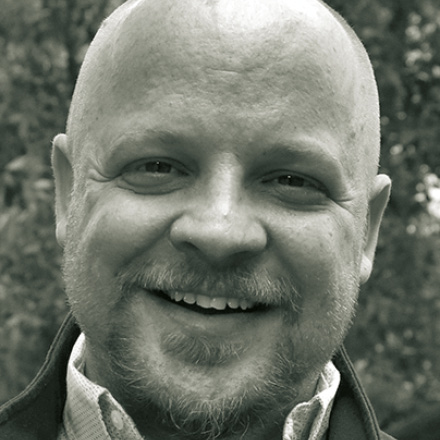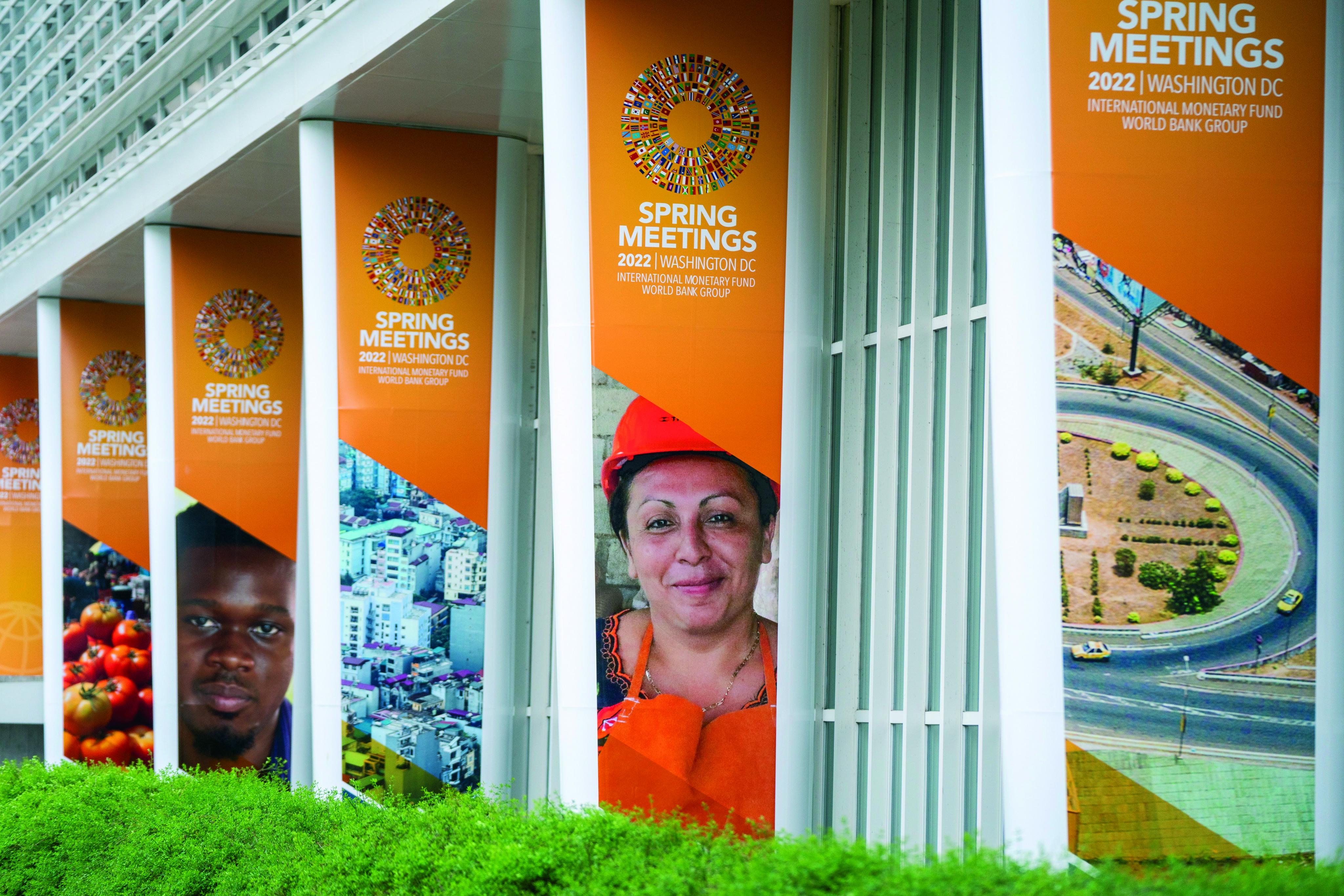Do not over-emphasise the role of ISIS in Mindanao
The Islamists have declared allegiance to ISIS, the terror organisation. The Filipino military has stated that some of the killed fighters were from the Middle East and Chechnya. International media are warning that ISIS may be close to gaining a foothold in Southeast Asia.
The situation is certainly serious. Nonetheless, I think one must not over-emphasise the role of ISIS. This crisis is basically home made, not imported from Syria and Iraq. Mindanao has been haunted by civil strife for decades. A fragile peace process collapsed some time ago, but even though negotiations had ended, large-scale violence had not flared up again until the militants attacked Marawi. They belong to outfits that were well known before. One of them, Abu Sayyaf, has been active since the 1990s, before ISIS was heard of and even before Al-Qaida made headlines around the world. Abu Sayyaf specialised in kidnappings.
I think it is quite unlikely that the militant leaders in Mindanao are taking orders from ISIS commanders in some far-away countries. They want to spread fear, and claiming to adhere to ISIS does just that. ISIS, of course, also wants to spread fear, and will thus happily acknowledge any extremist outfit anywhere in the world as its subsidiary. To suggest that ISIS is really a coherent, unified force serves ISIS propaganda, and it may help to recruit alienated youngsters in search of a cause. In terms of a well-organised, coordinated military, it does not make much sense. Guerrilla warfare cannot be masterminded from far away.
ISIS supposedly has local affiliates in many countries, from Mali to the Philippines. These organisations, however, exist because of the tensions and conflicts that plague the respective countries. They are deeply entangled in dysfunctional regional power structures. They were not created by ISIS, they use the ISIS brand to maximise the terror they are spreading.
To some extent, there probably is an exchange of funding, weapons and fighters among the various militias that claim to represent ISIS. What makes them dangerous, however, is not so much global networking, but their embeddedness in local and regional conflicts. That is not only so in the Philippines. The same is true of Al-Shabaab in Somalia or Boko Haram in Nigeria.
That fighting in Marawi is still going on after three weeks, does not prove that ISIS is becoming more forceful all over the world. It proves that Mindanao is still a very troubled island.












